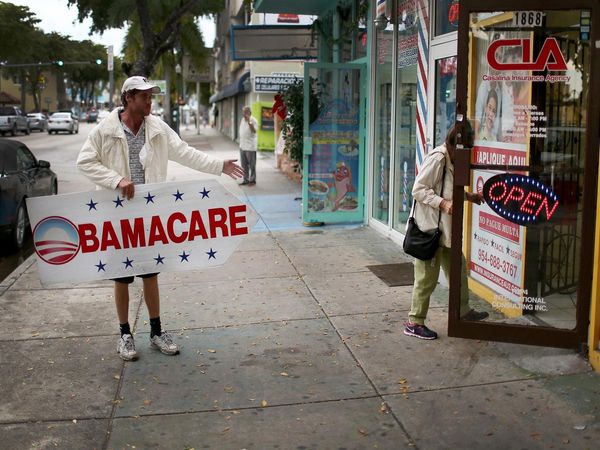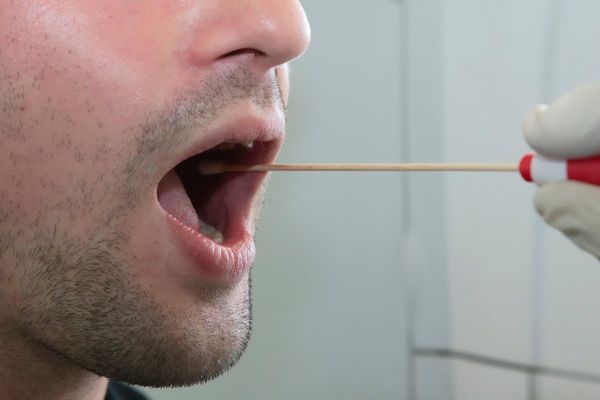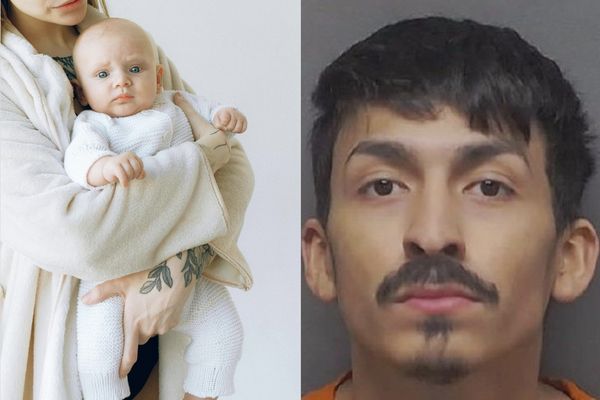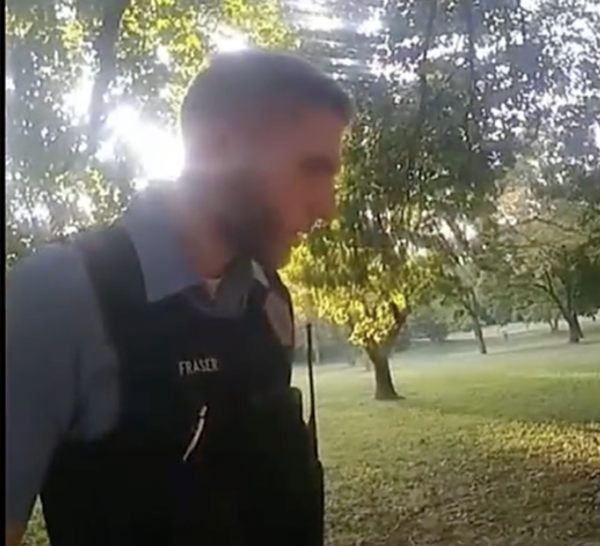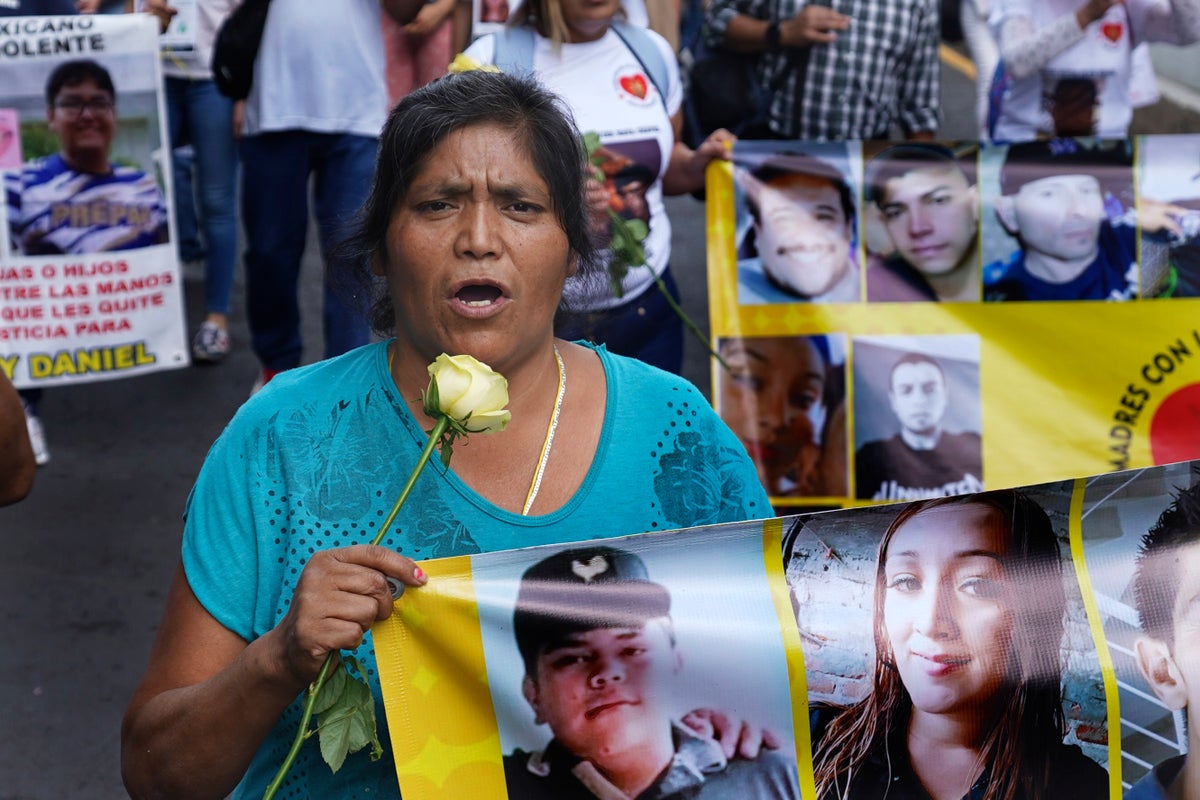
The last time Sonia Cruz saw her 14-year-old son, it was just a few days after Christmas. He walked out onto the street at 8 p.m. in their small town in northern Mexico going to meet his girlfriend, but he was dragged into a black truck that sped away.
Five months later, Jose Luis Martinez Cruz is among more than 112,000 names on Mexico’s list of disappeared people.
“Not knowing where your child is, it’s like this horrible hopelessness — knowing that someone took him and you can’t do anything about it,” Cruz said Wednesday. “You make yourself sick, you get up, you cry, you don’t eat. The pain never stops.”
With hope of finding her son dwindling, Cruz joined with hundreds of other parents whose children are missing to march through Mexico City demanding answers as the country observered Dia de la Madre — Mother's Day.
As violence deepens and disappearances grow more common in Mexico, the day brings little more than anguish for mothers like Cruz.
So far this year, 4,145 people have been reported as disappeared, according to government figures. While researchers and activists say the real number is likely far larger, the figure represents a more than 20% increase from the same period last year.
It underscores the rising levels of violence in Mexico amid increasingly violent power struggles among warring drug cartels and other criminal groups.
Shortly before the march, President Andrés Manuel López Obrador sent out a message of “affectionate congratulations to all the mothers in our country.”
He listed teachers, journalists, grandparents, Indigenous women, laborers, businesswomen and more. But the president, who has repeatedly played down rates of violence in Mexico, did not once mention the mothers of the disappeared, who have gained a spotlight in recent years amid their calls for justice.
During the demonstration, Cruz carried a photo of her smiling son in a clean white button-down shirt. Underneath his photo a sign read: “We miss you love. Together until we find them.”
He had dreams, she said quietly. He wanted to study engineering.
Hundreds of others walked past rows of similar photos and signs. “Where are our children?,” they chanted.
“I’m not scared anymore. If (the cartels) want to do something to me, they can do it,” Cruz said. “They completely strip our fear away. Nothing matters to us anymore. The only thing that matters is finding our children.”
Compounding the bloodshed is a lack of punishment for those reponsible as the government does little to investigate such disappearances, said Janice Gallagher, a professor at Rutgers University-Newark who is writing a book about the families of Mexico’s disappeared.
Mothers like Cruz are often the ones who take authorities to task, and even take up investigating their children’s disappearances, and likely slayings.
“The cost to people who commit disappearances is basically close to zero,” Gallagher said. “These mothers know that if they don’t do anything, then the state won’t do anything. … They are the only ones moving things forward.”
Cruz said she reported her son’s disappearance to local police, even working with them to try to track his location on his phone, but she complained authorities have done little to nothing.
Raising one's voice in Mexico can be a dangerous endeavor. Some mothers have been slain themselves while searching for their children. Others have received death threats and been forced to flee their homes.
Just last week, another mother searching for her disappeared child was killed in violence-wracked city of Celaya, in the north-central state of Guanajuato.
It was the sixth killing of a volunteer search activist in Mexico since the start of 2021, and the second such killing in Guanajuato in less than six months.
For another of the marchers, María del Carmen Volante, fear has become as present in her life as her own shadow.
Volante is among those who have vocally fought to get to the bottom of the disappearance of her 23-year-old daughter, Pamela Gallardo, who went missing after a concert in Mexico City five years ago.
“How do I feel? Hurt. Angry. Furious. Because I haven’t hugged my child in five years,” she said.
During her search for answers, Volante said, she has survived four attempts on her life and now travels with a bodyguard. She still has no clue who was behind her daughter’s death, though she said she worries that her daughter was targeted for being a woman and that she may have been sexually abused.
Volante walked in the march carrying a white rose and wearing the same shirt with her daughter’s face that she has worn every year for five years on the streets of Mexico City.
It reads: “Where is Pamela?”
Until Volante gets an answer, she’ll continue to wear it.
“I’m not going to shut up. I’m going to keep fighting. And I’m going to scream for all (our children),” she said.

